 Irene's assault on the Eastern Seaboard earlier this week is just the beginning of what is expected to be another heavy season of hurricanes and tropical storms. What happens to your data if raging rains or flooding waters damage your computer? The electronics may be gone but your precious files are likely recoverable.
Irene's assault on the Eastern Seaboard earlier this week is just the beginning of what is expected to be another heavy season of hurricanes and tropical storms. What happens to your data if raging rains or flooding waters damage your computer? The electronics may be gone but your precious files are likely recoverable.
It’s tempting to turn that water-logged computer back on and see if anything can be saved. Don’t. The disk drives contain contaminants that can destroy the drive and all the data on it. You pose the greatest risk to your valuable data. Here's what you should or should not do instead:
Hard Disk Drives
* Never assume that data is unrecoverable.
* Do not shake or disassemble any hard drive that has been damaged.
* Do not attempt to clean or dry water-logged drives or tapes.
* Before storing or shipping wet media, it should be placed in a Ziploc bag or other container that will keep it damp and protect shipping material from getting wet. Wet boxes can break apart during transit causing further damage to a drive.
* Do not use software utility programs on broken or water-damaged devices.
* When shipping hard drives, tapes or other removable media to a data recovery service, package them in a box that has enough room for both the media and some type of packing material that allows for no movement. The box should also have sufficient barrier room around the inside edges to absorb impact during shipping.
* If you have multiple drives, tapes or other removable media that need recovery, ship them in separate boxes or make sure they are separated enough with packing material so there will be no contact.
Floppy Disks / Tapes
* Water-damaged tapes and floppy disks are fragile. If a tape is wet, store it in a bag so it remains wet. If a tape is dry, do not rewet it. Many data recovery services can unspool tapes and recover data.
* Floppy disks have so little capacity that they typically aren’t worth the expense of trying to recover.
CDs/DVDs
* CDs and DVDs are reasonably sturdy. Unless they had been sitting in a corrosive mix or are visibly damaged they can be cleaned and the data recovered.
* If they were on a spindle or stacked, and are now stuck together, do not try to peel them apart.
* Mix a solution of 90 percent clean (potable) water and 10 percent isopropyl alcohol. Soak the stack of CDs until they become unstuck. Wipe dry with clean, lint-free cloth if possible.
* To clean CDs or DVDs, rinse them in the water/isopropyl alcohol solution. If necessary to remove grime, wipe them again with cotton swaps or cloth soaked in isopropyl alcohol. Remember, scratches will cause loss of data, so be gentle.
* After cleaning, place CD in a functioning computer and copy any recovered data.
USB Flash Drives
* USB flash drives contain no moving parts. Unless physically damaged or corroded, the drives usually work. Ensure the drive is dry and clean (Use a Q-tip soaked in the alcohol/water solution to wipe the USB contacts) before using a water-soaked flash drive.
* If a drive has been physically damaged, some data recovery services will remove the flash chips and connect them to a new device in an effort to recover the data.
What Will Professional Services Cost You?
Data recovery is a two-step process. Flood-damaged devices need to be opened and cleaned in a clean room. Hard drives need to be functional, requiring data recovery services to keep a large inventory of obscure parts on hand. All of this is expensive.
Once a drive is functional, it is evaluated and the customer provided with a list of the files and the probability of recovering them. If the customer gives the go-ahead the data is then recovered, copied to CD, external hard drive or some other medium and delivered to the customer.
Hard Drive: The evaluation fees for hard drives run between $200 and $300, though companies such as DriveSavers and Ontrack Data Recovery often will waive that for hurricane or disaster victims. The recovery fees average is about $1,000 per hard drive, though the aforementioned companies often offer discounts.
Floppy: $100-$300, depending on damage. Discounts wll apply.
Tape: Cost depends on type of tape, amount of damage.
USB drive: Cost depends on amount of damage.
Contact a data recovery service before shipping them an item in order to get a job number, estimate and any special shipping instructions. Some services will ship a special case to the customer to be used for sending the drive.
DriveSavers: www.drivesavers.com (800) 440-1904
Ontrack Data Recovery: www.ontrack.com (800) 872-2599
Sources: IBM Crisis Response Team; DriveSavers, Inc.; Ontrack Data Recovery
Photo Credit: Carmen Steiner/Shutterstock
 Steven Brier is a free-lance journalist and consultant focusing on the use of technology in the real world. He is s former New York Times editor and newsroom technology consultant.
Steven Brier is a free-lance journalist and consultant focusing on the use of technology in the real world. He is s former New York Times editor and newsroom technology consultant.



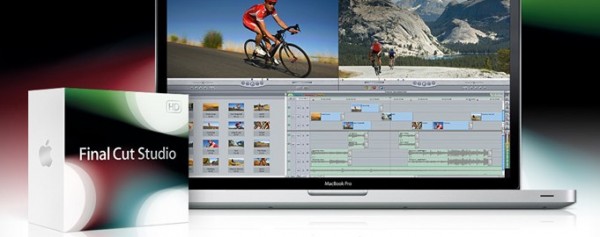


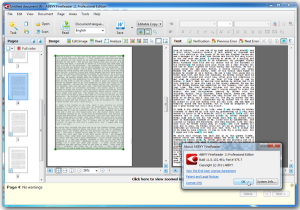 Moscow-based optical character recognition specialist ABBYY has released a major new update of its renowned OCR application.
Moscow-based optical character recognition specialist ABBYY has released a major new update of its renowned OCR application. 
 It has been obvious for some time that Google's app standards for Android are lenient to say the least. That's why Android is the favored platform for mobile malware. But it turns out that Chrome extensions are a huge, and similar problem that I'm beginning to really worry about.
It has been obvious for some time that Google's app standards for Android are lenient to say the least. That's why Android is the favored platform for mobile malware. But it turns out that Chrome extensions are a huge, and similar problem that I'm beginning to really worry about. Irene's assault on the Eastern Seaboard earlier this week is just the beginning of what is expected to be another heavy season of hurricanes and tropical storms. What happens to your data if raging rains or flooding waters damage your computer? The electronics may be gone but your precious files are likely recoverable.
Irene's assault on the Eastern Seaboard earlier this week is just the beginning of what is expected to be another heavy season of hurricanes and tropical storms. What happens to your data if raging rains or flooding waters damage your computer? The electronics may be gone but your precious files are likely recoverable.
 The choice of browsers for iOS is hardly overwhelming, so any new additions are always welcome.
The choice of browsers for iOS is hardly overwhelming, so any new additions are always welcome. 
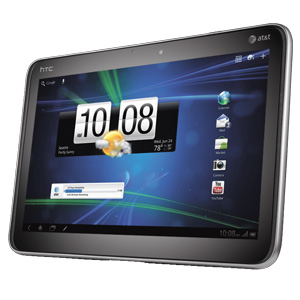

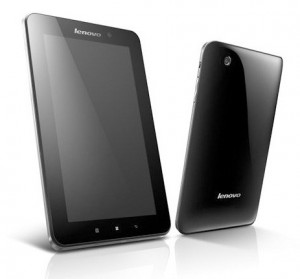

 Windows 8 is just around the corner and it seems that almost every week there details emerge about just what can be expected from the latest version of Microsoft’s operating system. With every new Windows that is announced, there follows a rush to mimic the look and features long before the software hits the shelves, and things are no different with Windows 8.
Windows 8 is just around the corner and it seems that almost every week there details emerge about just what can be expected from the latest version of Microsoft’s operating system. With every new Windows that is announced, there follows a rush to mimic the look and features long before the software hits the shelves, and things are no different with Windows 8. 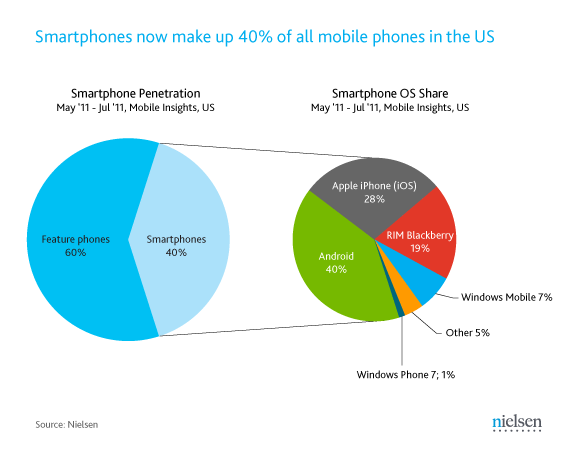
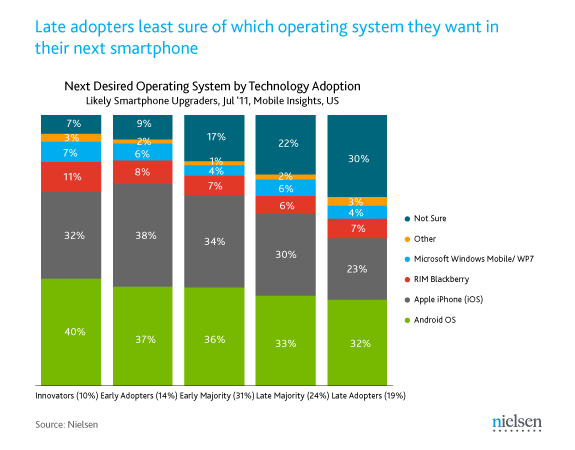

 Aiming to fight Apple's MacBook Air on one of its primary advantages -- its size -- Lenovo on Thursday introduced its Ultrabook, claiming it is thinner than Apple's signature ultra-thin laptop.
Aiming to fight Apple's MacBook Air on one of its primary advantages -- its size -- Lenovo on Thursday introduced its Ultrabook, claiming it is thinner than Apple's signature ultra-thin laptop.